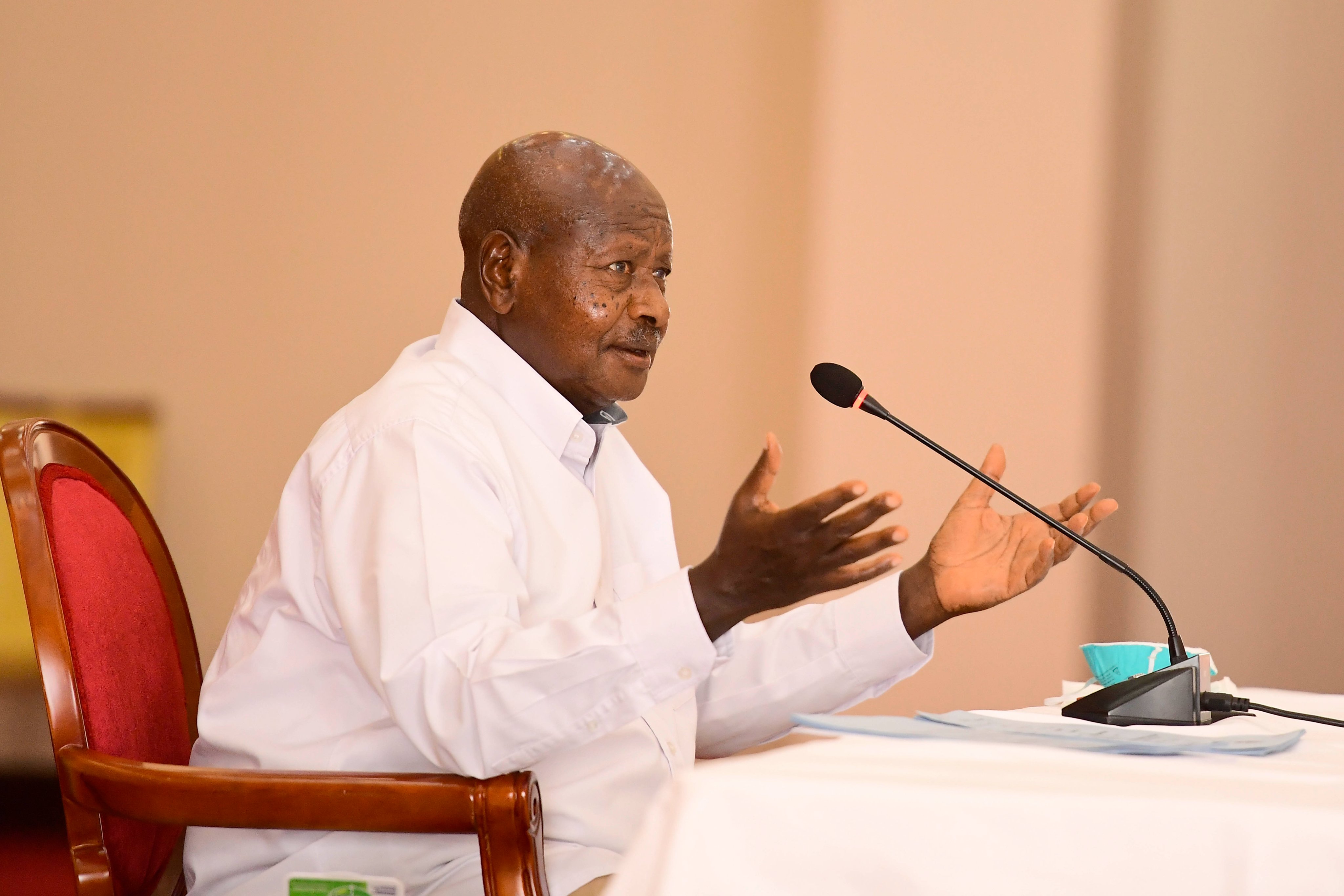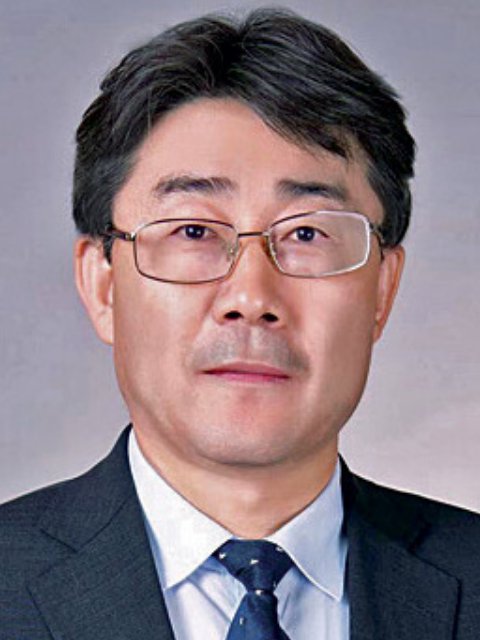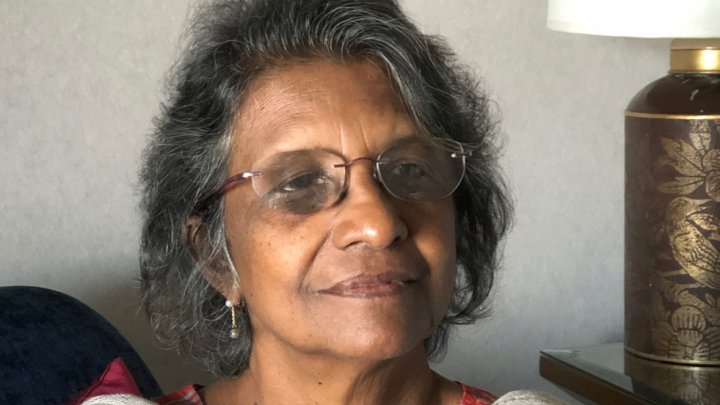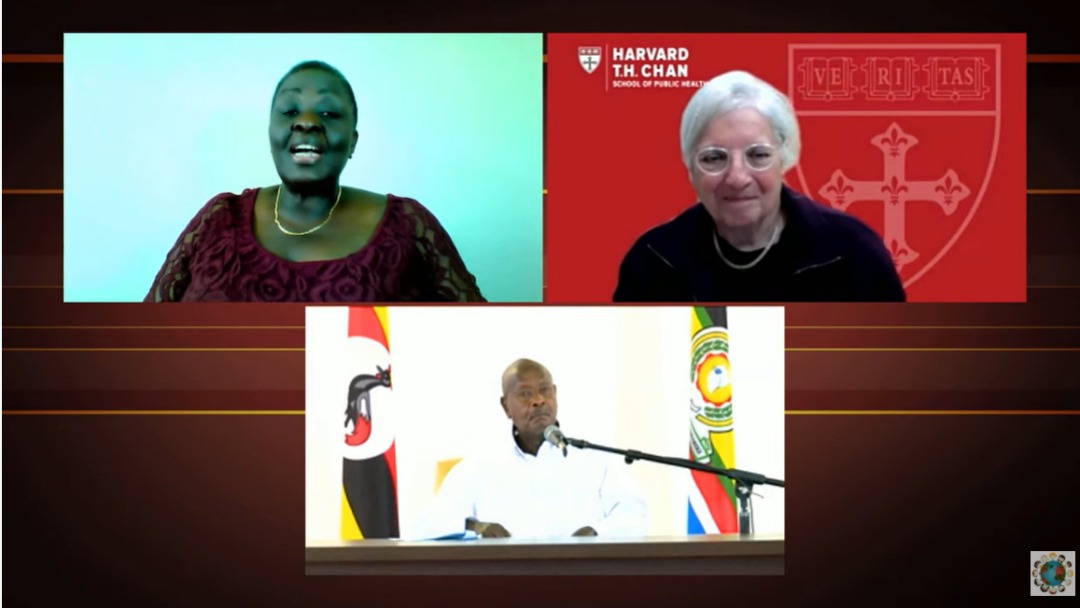
Uganda’s President Yoweri Kaguta Museveni has made a commitment on behalf of Uganda in efforts towards the end of Malaria in Uganda. The president said in absence of a vaccine against malaria, community mobilisation, political will and strengthening research capacity will be prioritized in the fight against Malaria.
“I have never known why the vaccine (against plasmodium) is impossible. But we are ready. I am ready to launch a full war against the mosquito and the plasmodium so that we are free from Malaria,” said President Museveni at the virtual webinar titled Rethinking Malaria in the Context of COVID-19 on Wednesday September 1, 2021.
His statement came after scientists highlighted the community engagement, commitment at both local and national level and evidence based decision making sine qua non in the successful fight against malaria.
The East African country has the 3rd highest global burden of malaria cases (5%) and the 8th highest level of deaths (3%) with the highest proportion of malaria cases in East and Southern Africa 23.7% according to the 2019 World Malaria Report of the World Health Organisation.
This global discussion sponsored by Harvard University, Makerere University among other partners sought to ‘take stock’ of the global malaria situation and offer insights on the most effective and innovative response to control and eliminate malaria across the globe.
Research evidence show that Uganda has a stable, perennial malaria transmission in 95 percent of the country, with Anopheles gambiae s.l. and An. funestus s.l. being the most common malaria vectors.
Despite this, the country has made gains in so far prolonged robust and multipronged interventions.
A recent World Malaria Report shows that between 2016 and 2019, the estimated number of malaria cases decreased 7.2%, from 283 to 263 per 1 000 000 of the population at risk, while deaths fell 9.5% from 0.34 to 0.31 per 1000 of the population at risk over the same period.
However, in 2019, malaria cases increased in comparison to 2018 as the transmission peak was untypically long due to increased rains and aging of mosquito nets distributed in 2017/2018.
But president Museveni said Uganda has “been a bit leisurely in our handling of Malaria.” He contends that Ugandans have lived with Malaria for centuries but have not been as scared as of Coronavirus or with Ebola.
“In the case of Uganda, without a very acute health problem like the one of Ebola, corona, we were diverted with so many other things. Initially we were engaged in minimum recovery of the economy, we are now struggling with development and transformation but we actually take it up. And I would want to look at the figures. Supposing we eliminated Malaria and we reduce it to zero, how much would we save?” President Museveni.
He further observes that Malaria can be defeated citing that while the use of chemicals is good, he worries about their inefficiency since malaria causing parasites Plasmodium mutates and becomes immune to the therapeutics.
“We used to have Quinine therapy, I don’t know what happened to it. Then we had Chloroquine, I hear that it no longer affects Malaria. Whatever we are using now, the question is why should we preserve it? Why don’t we get rid of these mosquitoes? Or immunize people so that they become immune from the plasmodium?” President Museveni asked scientists.
He also underscored the role of behavioral change as a key public health measure in disease prevention. He highlights that majority diseases affecting Africans have in the past been managed and others can be managed through behavioral change.
The president cites an example of the Guinea worm disease, a neglected tropical disease that disturbed many African countries including Uganda because many people used to consume unsafe drinking water.
“If you cleaned the water, that was the end of Guinea worm. The same with Malaria. We are looking at the larvae side. Killing the larvae of the mosquito. The other area is the insecticides treated mosquito nets.”
A host of experts discussed findings from the year-long "Rethinking Malaria" global consultation plus key lessons learned from elimination countries of Sri Lanka and the People's Republic of China which used to have 30million malaria cases per year until it was awarded a malaria-free certification from WHO in June 2020.
According to Professor George F. Gao, the Director-General, Chinese Center for Disease Control and Prevention and Vice President, Chinese National Natural Science Foundation; strong leadership that utilizes evidence through research is key in making a breakthrough towards eliminating Malaria globally.
He underscores the need for science-based evidence, community level involvement by providing simpler and understandable science for the local population.
Professor Gao is also Director CAS Key Lab of Pathogenic Microbiology & Immunology Institute of Microbiology, Chinese Academy of Sciences; and Dean, Medical School, University of Chinese Academy of Sciences People's Republic of China.

Lessons from Sri Lanka
Malaria was eliminated from Sri Lanka in 2012 and the country received WHO certification of malaria-free status in 2016.
Dr. Kamini Mendis, Professor Emeritus University of Colombo, Sri Lanka said eliminating malaria is doable. She says Sri Lanka was able to kickout malaria through empowering local level leadership to respond and manage malaria cases promptly.
Sri Lanka has 25 districts. Dr. Kamini says in this effort for the last 20 years, there was at least a Malaria focal person in the 22 districts.
“I think one of the most important things that Sri Lanka did to fight Malaria was a good technical and strong leadership at the districts that was empowered with good competent staff to review situation and there was good data on which they would act on. They had no shortages, they met physically every month to assess the situation. Let us also not forget that Sri Lanka had malaria for centuries and had been highly endemic.”

She underscored the role operational research played and continues to play an enormous role in the first against Malaria and other diseases. Prof. Kamini said however that this requires complete determination and commitment at every level. This is in addition to prioritization as well as empowering local community leadership responsible for health.
“There are so many good people in this world. It is just that we don’t give them a lot of importance. We try to centralize everything. Of course, the Centre has to provide the guidance, they have to provide the resources but after that, just look after your people at the ground level. Give them everything they want. Give them commodities, staff and they can do it,” she says.
In response, President Museveni noted that community involvement is decisive, arguing that many diseases in Uganda have been controlled through community stakeholder involvement.
“Before the BCG vaccine, TB had almost disappeared and that is testimony to community action. Like with AIDS, it was the same story -behavioral change. AIDS, could not get you by simply shaking hands. It was going through a few known ways which we were able to tell our people about and the prevalence in Uganda went down from 30% to very low levels at one time to about 6%. Even with this Coronavirus, that community sensitization, behavior change and awareness is very decisive for many of the sicknesses,” President Museveni.
The President also spoke to Uganda government’s support to research efforts by Ugandan universities. He notes that universities have a lot of potential in Uganda.
“It is the universities, research institutions that should take the lead and should be funded. But the, there should be collaborations. It would be good for African countries to collaborate here, we would move faster. What I would recommend is collaboration. Collaboration will make it more efficient than everybody wanting to be a jack of all trades and wasting a lot of time,” says President Museveni.
In efforts geared towards contributing to Uganda's development and growth, Government of Uganda through has through the Makerere University Research and Innovations Fund -Mak-RIF has disbursed funds across two financial years to support research to a tube of 60billion shillings. This initiative is currently funding 710 multidisciplinary research and innovations projects.
Dr. Elizeus Rutebemberwa, an associate Professor at the Department of Health Policy, Planning and Management at Makerere University School of Public Health said; "This is a manifestation of the advocacy that needs to be done but also high level leadership. It is important to keep the momentum."
Globally, 40 countries and territories have been granted a malaria-free certification from WHO – including, most recently, El Salvador (2021), Algeria (2019), Argentina (2019), Paraguay (2018) and Uzbekistan (2018).

Written by Davidson Ndyabahika

